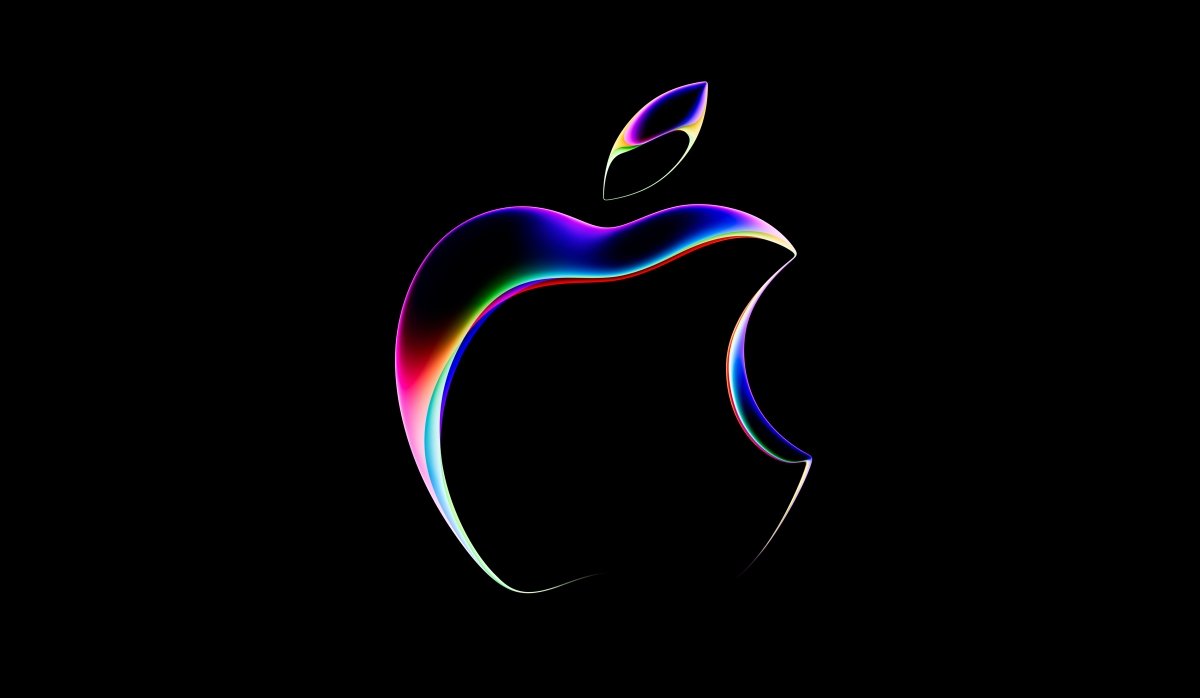“Owners of certain older iPhone models are expected to receive around $65 each,” he says SiliconValley.com, "when a judge cleared the way for payouts in a class-action lawsuit accusing Apple of secretly throttling phone performance."

The Cupertino-based company agreed in 2020 to pay up to $500 million to settle a lawsuit that it said committed "one of the largest scams consumers in history” by secretly slowing down the performance of certain iPhone models to address battery and processor issues. .
According to the lawsuit, filed in 2018, reports of unexplained iPhone shutdowns began appearing in 2015 and increased in the fall of 2016.
Consumers complained that their phones were shutting down even though the batteries had more than 30 percent charge, according to the lawsuit. The lawsuit said the terminations were due to a mismatch between the phones' hardware (batteries and chips processings), and its ever-increasing requirements from operating system updates.
Apple tried to fix the problem with an operating system update, but the update simply reduced the device's performance to reduce the number of shutdowns, according to the lawsuit…
In a 2019 filing in the case, Apple argued that the lithium-ion batteries they become less effective with time, repeated charging, extreme temperatures and general use. His update software, Apple argued in the filing, implies in the terms of use.
"Providing more features also introduces complexity and can reduce speed, and increasing features or speed can negatively impact the lifespan of the hardware," the company said at the time.
But consumers didn't take well to the outages, leading to massive lawsuits against Apple in 2020 by the State of California and the counties of Alameda and Los Angeles. Apple, without admitting any wrongdoing, settled the case for $113 million.
"The phones at issue in the case were iPhone 6, 6 Plus, 6s, 6s Plus and SE devices running iOS 10.2.1 or later operating systems before December 21, 2017, as well as iPhone 7 and 7 Plus phones running iOS 11.2" .



